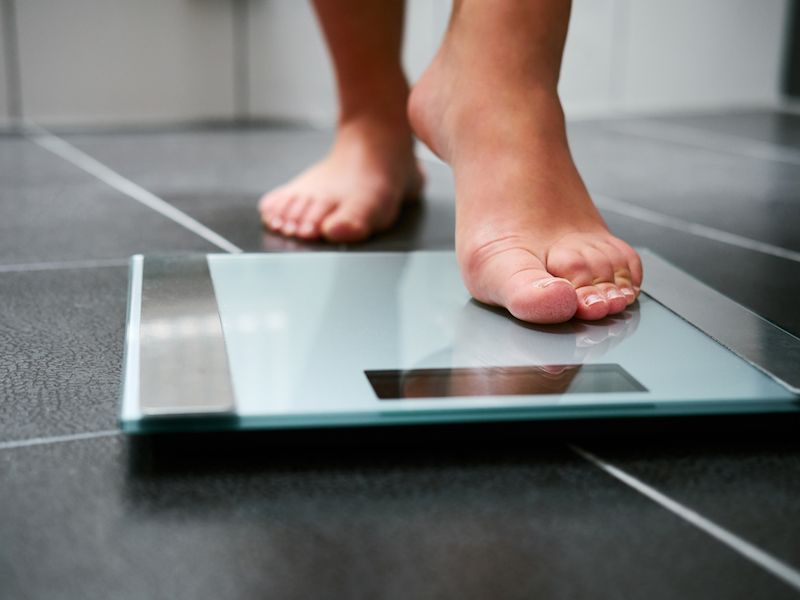
We’ve known for a long time that overeating is harmful to our health, especially over time. Obesity is connected to a number of health concerns. You can add hearing loss to diabetes, high cholesterol, and heart disease as a possible problem. It’s calculated that approximately 48 million individuals in the U . S ., approximately 20% of the nation’s population, suffer from hearing loss, and in adults it’s virtually twice that number, 93 million, are obese. Throughout the country, these surprising numbers point to a serious health concern.
What is The Relationship Between Hearing Loss And Being Overweight?
Numerous studies have revealed that there’s a connection between obesity and loss of hearing. Precisely what that connection is, is still being investigated, it’s believed that hearing loss and obesity have a relationship because of its effect on our circulatory system. Furthermore, loss of hearing is linked to diabetes and high blood pressure which are known to be linked to being overweight.
Our inner ears are filled with little hairs that perceive sound in the ear. These tiny hairs, called stereocilia, have to have a steady flow of blood and oxygen to function correctly. Obesity confines the blood flow in the body since, so they can keep the blood flowing inside the body, the heart must do additional work, which means that your inner ear is working on less-than-optimal blood flow. This can irreversibly harm the ears. Diabetes, high blood pressure, and heart disease impact the inner ear in the same manner, since all of these diseases negatively impacts your blood flow.
It’s especially necessary to keep your weight under control as you get older since age-related hearing loss is also linked to a high fat mass index. When you were younger, your body’s metabolism worked faster and more efficiently, which is the reason why you should attempt to create healthy habits when you’re younger and stick to those habits as the years go by.
A good diet and exercise are excellent for your overall health and your ears.
Solutions For Obesity-Associated Hearing Loss
It’s feasible that you might not be able to recover your lost hearing if it’s caused by obesity, nevertheless, it’s always best to get your hearing tested to find out the magnitude of your loss of hearing. If the damage is irreversible, you might require a hearing aid or other device to begin hearing correctly again.
If the injury is only minor, you might have considered trying to consult your physician before your health worsens, about developing a diet and exercise plan to decrease the impact your weight has on your well being. Your doctor should set up a cardio intensive exercise program that will get your blood pumping and improve your overall health. There will be, more than likely, other improvements in your life also, mental health, as an example, since day to day exercise has been shown to lessen depression.
How Can You Stop Obesity-Related Hearing Loss
diabetes, heart disease, and high blood pressure staying healthy can also assist in keeping your ears in good condition. A strategy that can help you achieve your goals and that is customized for you can be developed by a nutritionist. The nutritionist can make certain you’re consuming the ideal mixture of nutrients in nutritious foods, including foods that are high in iron, because of course, a lack of iron in your diet can worsen your hearing loss and trigger tinnitus.
Learn more about hearing loss and how you can hear better with the appropriate treatment method.
